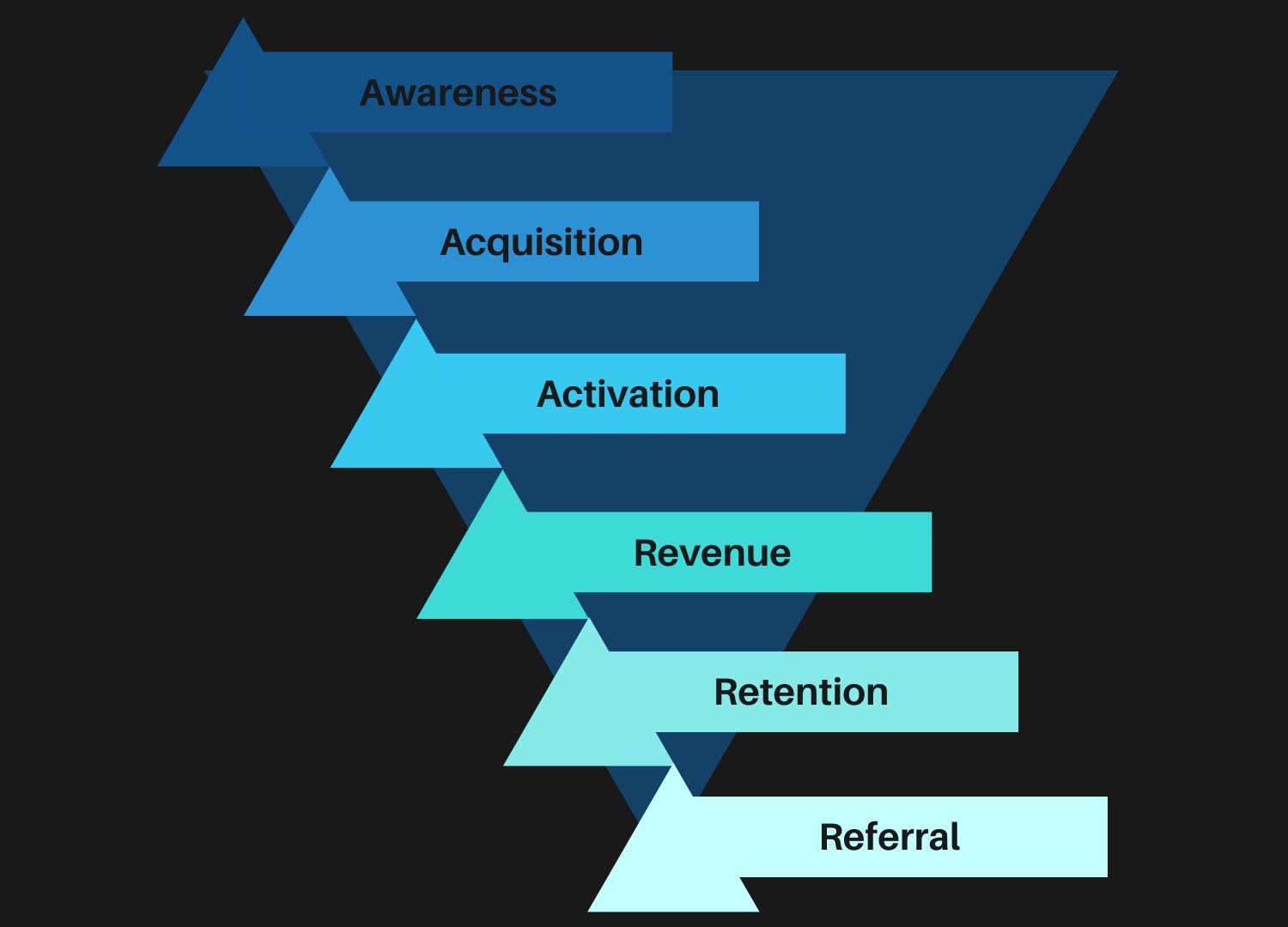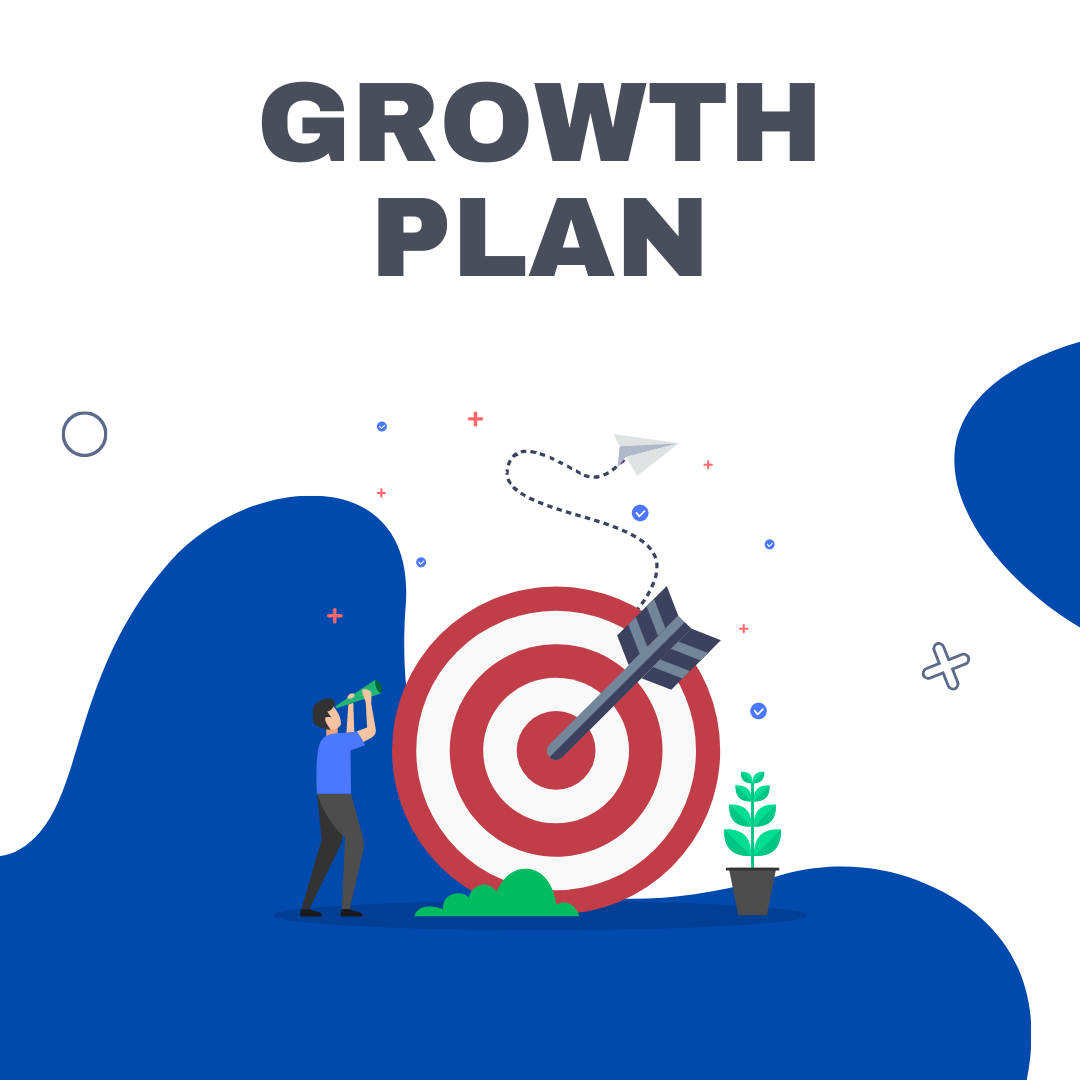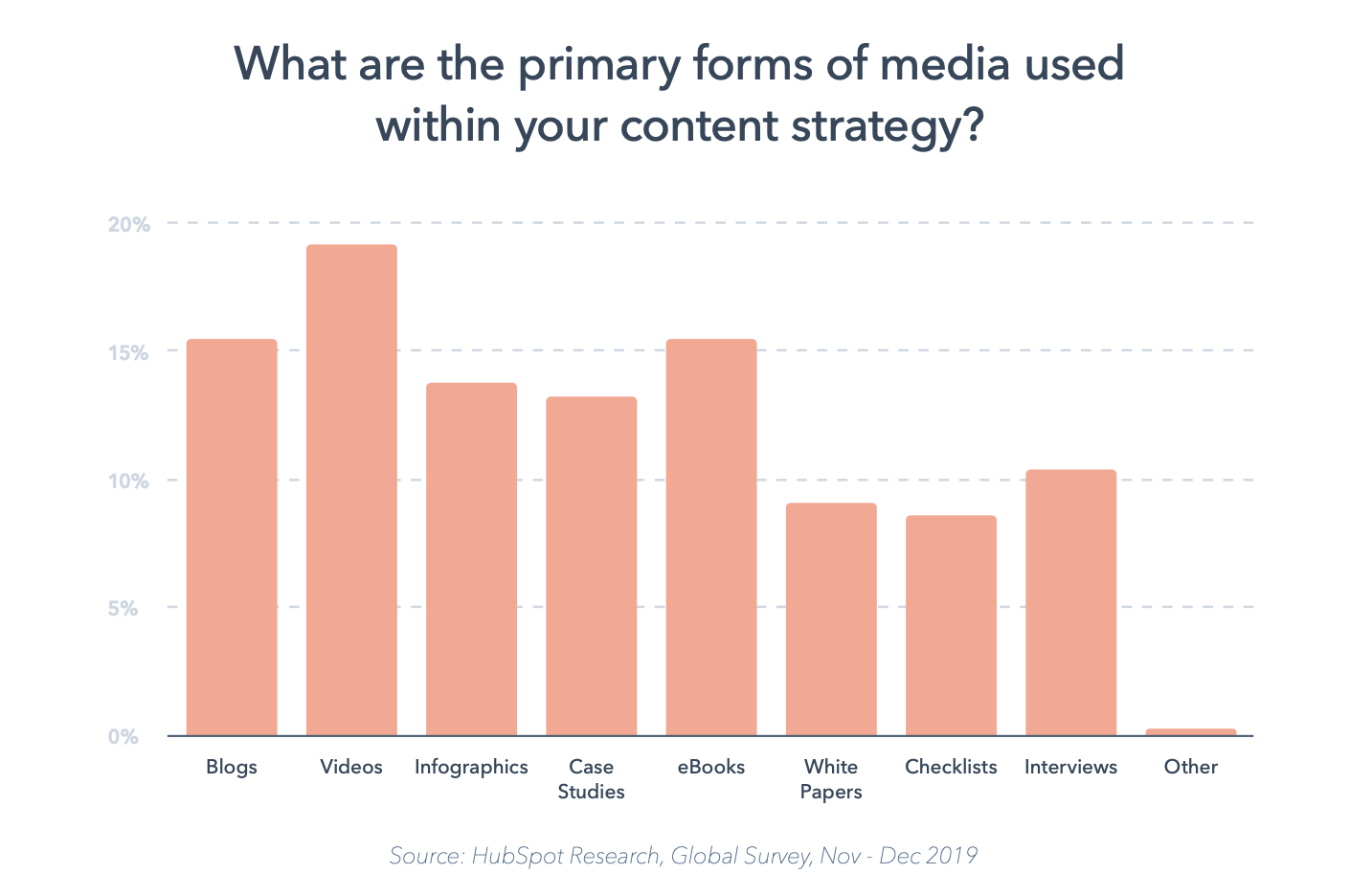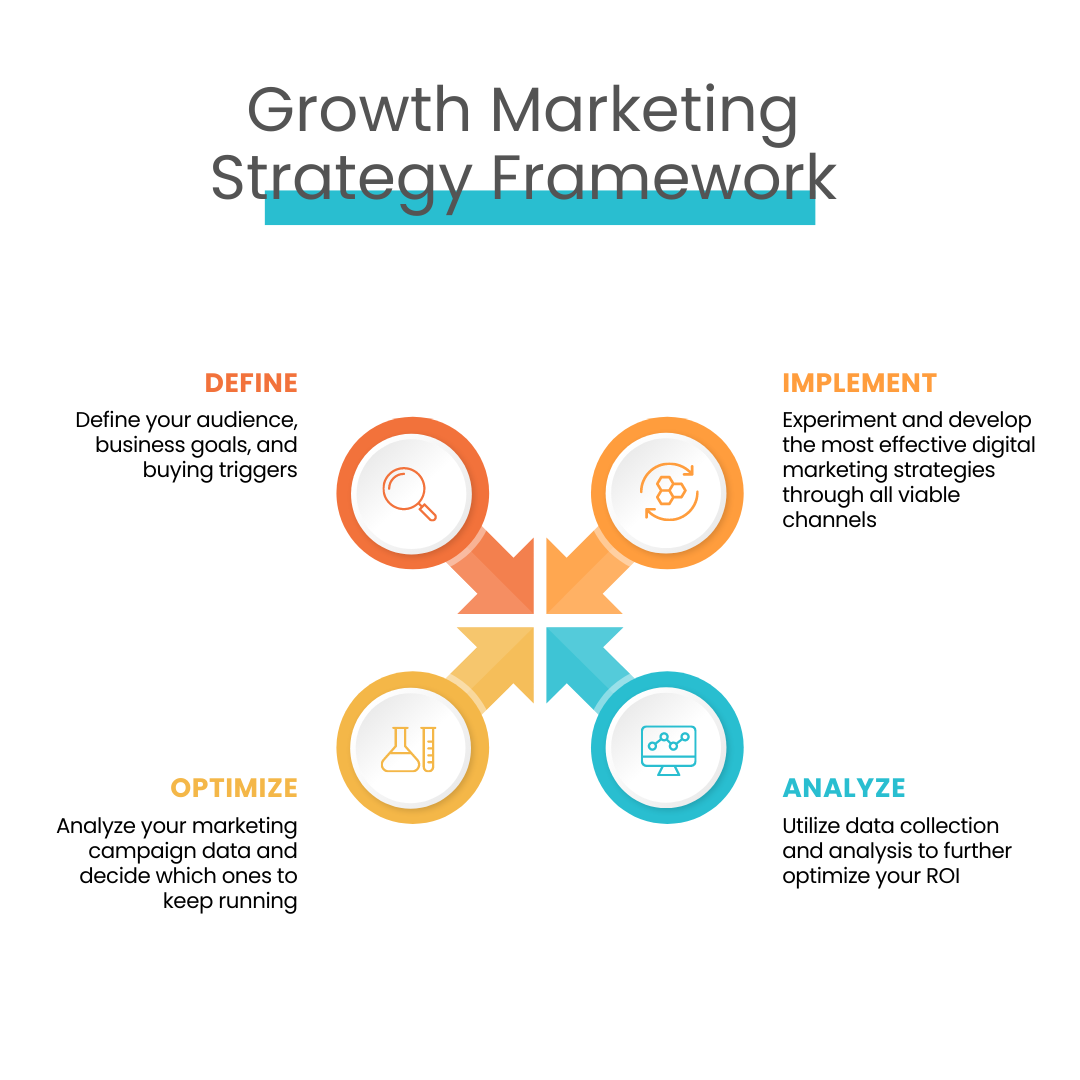Image created by writer
Growth Team
Focus areas: exclusively on business growth
Typical business model: established tech businesses looking for rapid growth
Growth focus: comprehensive analysis of the entire marketing funnel
Key metrics: growth, conversions, bounce rates
Typical marketing activities: experimental approaches covering marketing, sales and products to seek growth in any area of the business
Marketing spend: flexible
Decision-making style: data-backed and exploratory
Traditional Marketing Team
Focus areas: broad business, brand and product marketing
Typical business model: well-established businesses seeking higher volumes of product sales
Growth focus: purely handle the awareness and acquisition stages of the marketing funnel
Key metrics: clicks and impressions
Typical marketing activities: established SEO strategies and content marketing to drive more product sales – they tend not to think outside the box or utilize long processes
Marketing spend: larger than growth marketing strategies
Decision-making style: campaign-driven
What Is a Growth Marketing Manager?
Typically reporting to the CEO, VP of Product or Marketing, a growth marketing manager is a customer-focused role responsible for driving business growth through acquisition, activation, retention and referrals. A growth marketing manager’s position involves establishing and executing a growth plan to increase revenue.
A growth manager’s activities during each stage of the customer funnel can include:
Awareness
At this stage, it’s all about ensuring customers are aware of what you’re offering. Growth managers use marketing tactics such as optimized SEO, social media marketing, and partnerships with brands and agencies to drive high quality website traffic.
Acquisition
Content is key for this stage of the user journey, so a growth manager seeks to create and deliver educational and informative content to prove their business will help the customer. A growth marker checks landing pages, pricing details, and blog articles to ensure these key pages are optimized to provide the best answers and a smooth user journey.
Activation
Approaching the conversion stage, a growth marketer looks at the best way to onboard customers and makes sure there are no drop-offs in the process. The use of customer onboarding templates facilitate smooth transitions, and ensure no crucial details are missed during the onboarding process.
Revenue
Aligning value with the potential conversions, a growth manager seeks to deliver the most value to the user at this stage to nail conversion and encourage future repeat business. Call to actions are explored for maximum conversion effect, in addition to making the landing to conversion journey as smooth and optimized as possible.
Retention
A growth manager looks at how often repeat purchases are made, as well as exploring potential upselling opportunities. Another aspect of the revenue stage is Identifying customer churn rates and post-sale engagements to continue building customer relationships by delivering great experiences.
Referral
This last stage of the funnel examines any existing referral schemes to increase referral traffic. Iteration suggestions are made to schemes, together with important social proof elements to establish brand trustworthiness. Media monitoring tools are utilized to judge referral rates and potential future growth opportunities, and solutions like Affise used to boost partnership marketing.
A growth manager works cross-functionally across design, analytics and product management departments to create growth strategies.



















